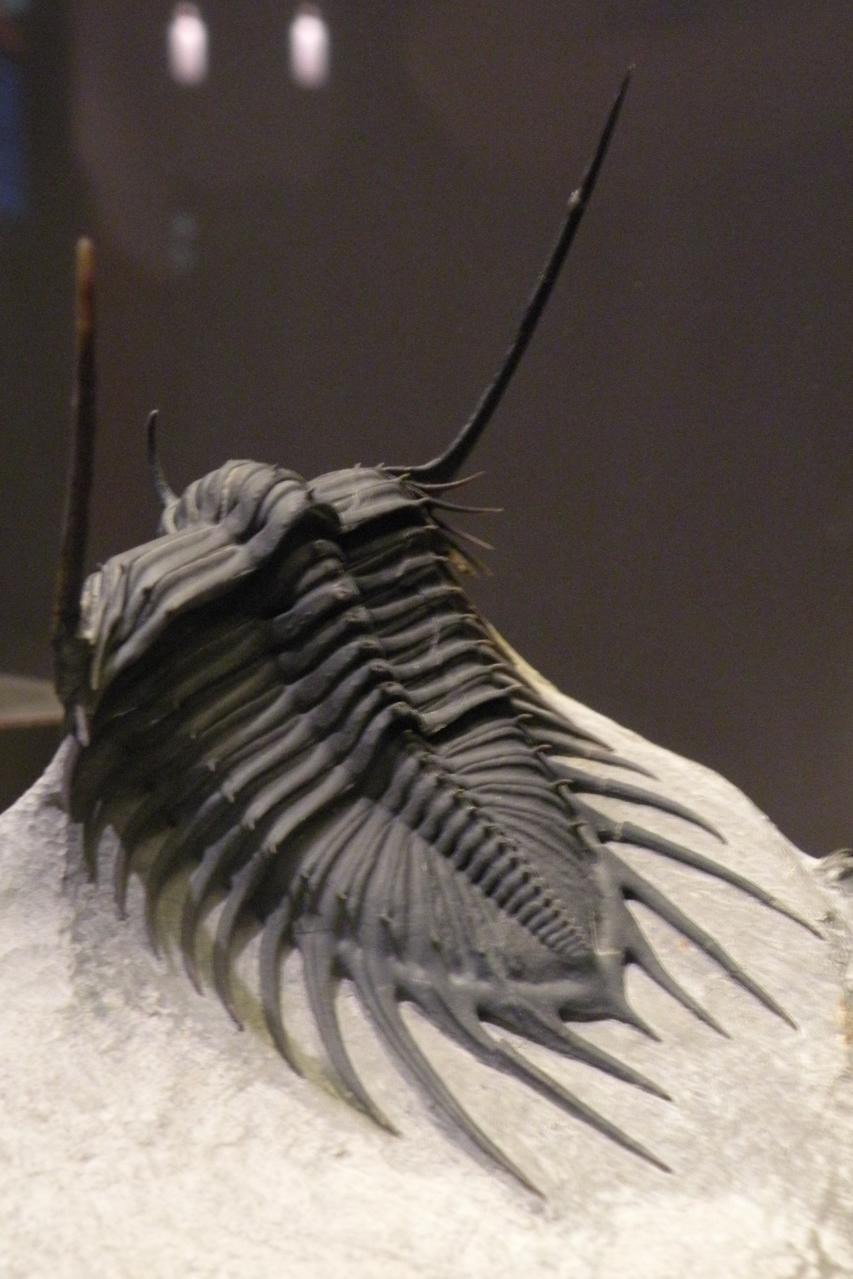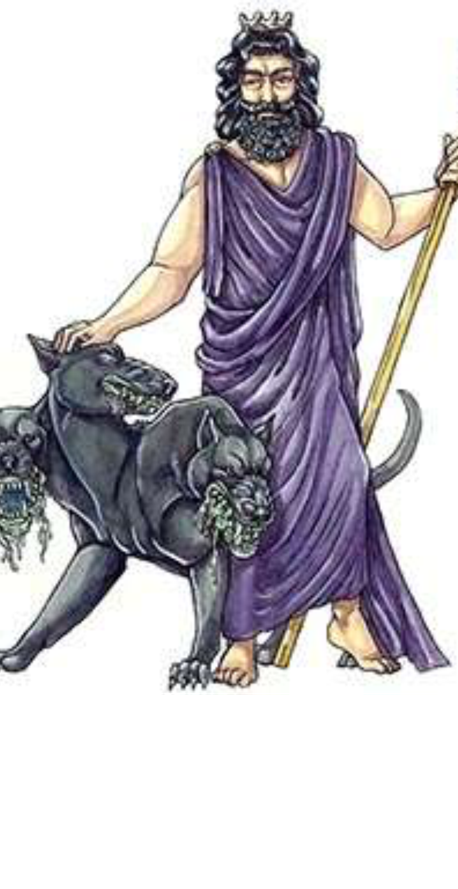Sign up for FlowVella
Sign up with FacebookAlready have an account? Sign in now
By registering you are agreeing to our
Terms of Service
Loading Flow




Roman equivalent: Dis Pater, Orcus
Children: Macaria, Melinoe and Zagreus
Symbol: Cerberus, cornucopia, sceptre, Cypress, Narcissus, key
Siblings: Poseidon, Demeter, Hestia, Hera, Zeus
THE
INTRODUCTION TO
In Greek mythology, Hades was regarded as the oldest son of Cronus and Rhea, although the last son regurgitated by his father.[n 1] He and his brothers Zeus and Poseidon defeated their father's generation of gods, the Titans, and claimed rulership over the cosmos. Hades received the underworld, Zeus the air, and Poseidon the sea, with the solid earth—long the province of Gaia—available to all three concurrently. Hades was often portrayed with his three-headed guard dog Cerberus and, in later mythological authors, associated with the Helm of Darkness and the bident.

1

God Hades
Hades was the brother of Zeus and Poseidon. After the overthrow of their father, Cronus, he drew lots with them to share the universe. He drew poorly, which resulted in becoming lord of the underworld and ruler of the dead. Nevertheless, he was not considered to be death itself, as this was a different god, called Thanatos. Greedy like his brother Poseidon, he was mainly interested in increasing his subjects, and anyone whose deeds resulted in people dying was favoured by him. The Erinnyes (the Furies) were welcomed guests in his kingdom.
The Greeks were not keen on uttering his name, afraid of causing some kind of reaction that would end up with them dead sooner. Instead, they decided to give him another name, Plouton, deriving from the Greek word for wealth, due to the precious metals mined from the earth. Thus, Hades also became the god of wealth.
